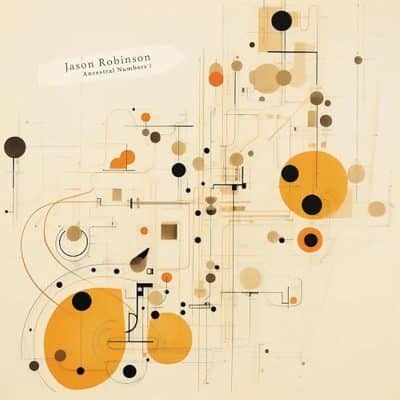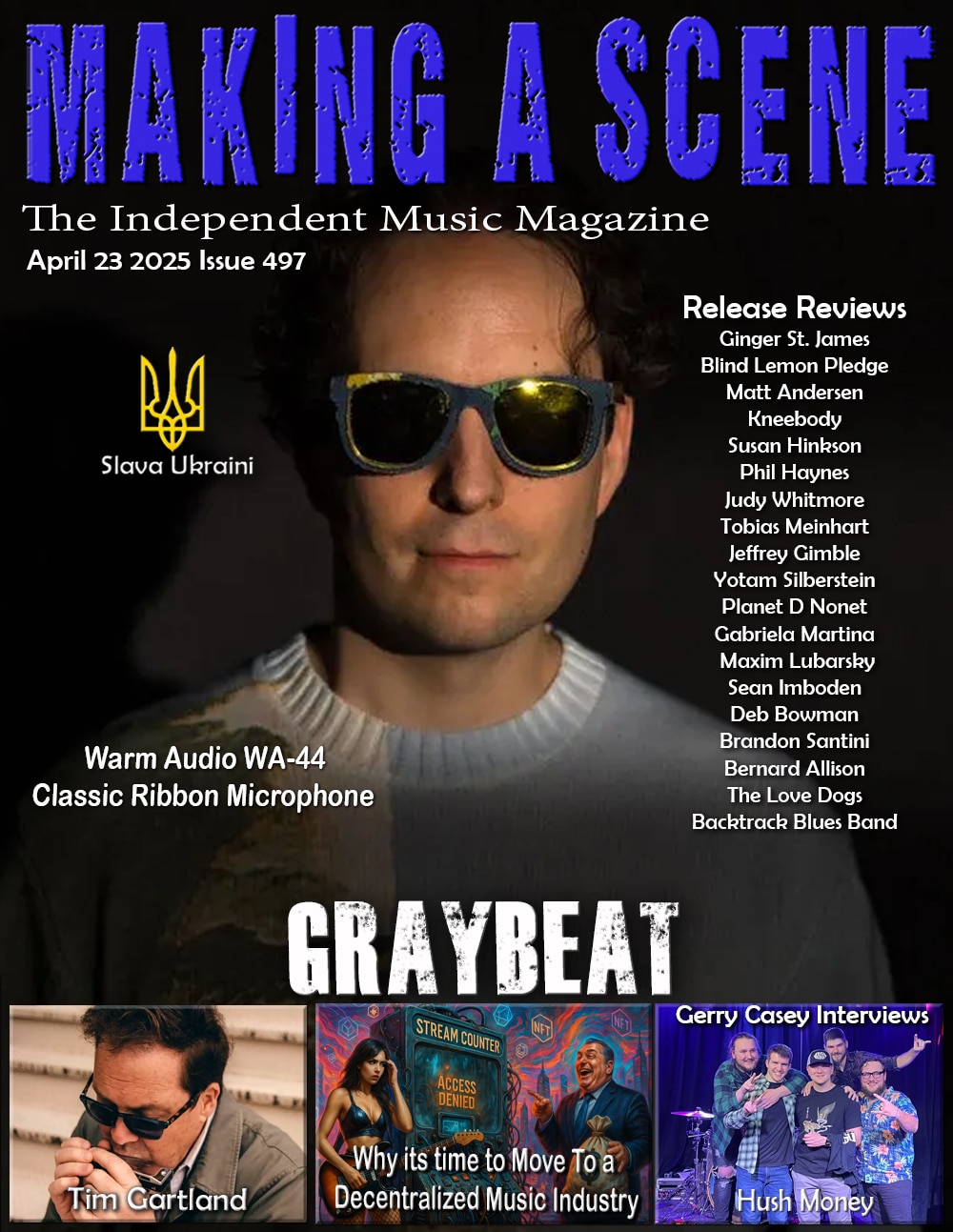Jason Robinson Ancestral Numbers 1
 Jason Robinson
Jason Robinson
Ancestral Numbers 1
Playscape Recordings
Saxophonist and composer Jason Robinson just released the first part of a comprehensive project tracing the roots and branches of his family tree on Ancestral Numbers 1 with the second part to follow in October. It’s an intriguing concept and one that’s rarely if ever been set to music. He and his ensemble do not paint musical character sketches though, and instead in Robinson’s scholarly manner, he draws up challenging compositions that encompass Greek and Roman mythology, geography, oceanography, and connections between memory and community. Nonetheless there are ample playful and surprising moments, as well as warm affection. Such an endeavor demands the musicians of the utmost creative caliber and Robinson taps a quintet sourced from his large Janus Ensemble. They are trombonist Michael Dessen, pianist Joshua White, bassist Drew Gress, and drummer Ches Smith., whose own zany compositional style makes him a perfect fit for Robinson’s daring material. You may recognize these names as major forces in the creative music scene, especially Gress and Smith. Robinson himself has released 18 albums as a leader or co-leader and performed with such artists as George Lewis, Anthony Davis, Myra Melford, Nicole Mitchell, Amiri Baraka, Toots and the Maytals, and many others. His Janus ensemble ranges in size from a quartet to 11 members and he, like his colleagues, is immersed in the worlds of not only avant-garde but popular music, experimental, and electronic music. Here Robinson plays tenor and soprano saxophones as well as alto flute.
The genesis for this project was the final gift to Robinson from his maternal grandmother who passed away in 2022. When he reviewed his lineage, he discovered that he was the latest (and last) in a line of eldest children born when their mothers were just 17 years old. This gave him the unusual opportunity of having met several generations of his forbears. His grandmother was just 34 when he was born. Given our current society when many births seem to occur in the thirties in the company of elderly grandmothers, this is rather astounding.
In any case his grandmother’s passing was the catalyst for turning his imaginative musical attention toward ancestry, not in the sense of commemorating in a conventional way, but as Robinson points out, “It’s more about making music for them.” He goes on to say, “…Human experience always seems to exist in this gray zone between the things you’re supposed to do and the things that feel good…all these concepts swirl together in predictable and unpredictable ways.”
“Second House” begins with White’s powerful chords, a child-like rhythm and fervent blowing from Dessen and Robinson. White gets increasingly frenetic underneath while Dessen, using a plunger and Robinson on tenor spar playfully while Smith and Gress push them further. While there’s plenty of movement in this piece, it becomes even more tangible in the syncopated, epic “Malachi,” perhaps symbolizing the bumpy and oft menacing path of a maternal ancestor through the American south. Dress’s bow stylings and Dessen’s bass like lines color the first section and the horns grow chaotic in the mid-section, signaling a mix of danger and excitement. In the latter half, a walking groove develops with Robinson improvising with heavy doses of vibrato before the support dissipates and he takes his blistering excursion alone, the band eventually rejoining him with more jubilant colorings. “Potentiality” is a much shorter piece. Smith establishes almost a metronomic beat, and the horns, to use Robinson’s language, ‘swirl together’ blissfully. There are passages of swing but just when the listener might affix to tried and true jazz concepts, the music goes ‘out’ in another direction.
The next four pieces deal with traveling as Robinson recounts family histories from the earliest stages of immigration. Like most of the pieces, calm alternates with frenzy in “Remembering Water,” which is essentially a ballad. On “Roots and Routes,” a play on words from Robinson’ stints as a reggae musician, the music is intensely abstract, resembling the art in the enclosed booklet from Marcelo Radulovich. “Wattensaw,” named for a town in Arkansas melds both old and new forms, with a strong bass turn from Dresser and Smith’s rather funky groove, there’s just a touch of NOLA brass bands here in Dessen’s trombone, making it one of the more accessible tracks. Robinson takes to the soprano on “Vestibule” which, in its opening lines may evoke Eric Dolphy’s angularity, but the underlying somewhat funky rhythms give away to explorative free sections, punctuated with Dresser’s robust plucking and splashes from White which somehow bind together cohesively in the end. The parenthetical (alt) to “Ancestral Numbers” must point to subsequent base version that will appear in Volume 2. As this listener continues to find reference points for Robinson’s compositional approach on this closing track, smidges of Mingus, Carla Bley, and George Russell appear, only to be blown up and discarded in favor of something unexpected.
This music is demanding and challenging. Robinson’s composing style is so difficult to describe; he’s purposely unpredictable. Yet, give yourself time and dive it. The journey is well worth it.
- Jim Hynes
Buy Us a Cup of Coffee!
Join the movement in supporting Making a Scene, the premier independent resource for both emerging musicians and the dedicated fans who champion them.
We showcase this vibrant community that celebrates the raw talent and creative spirit driving the music industry forward. From insightful articles and in-depth interviews to exclusive content and insider tips, Making a Scene empowers artists to thrive and fans to discover their next favorite sound.
Together, let’s amplify the voices of independent musicians and forge unforgettable connections through the power of music
Make a one-time donation
Make a monthly donation
Make a yearly donation
Buy us a cup of Coffee!
Or enter a custom amount
Your contribution is appreciated.
Your contribution is appreciated.
Your contribution is appreciated.
DonateDonate monthlyDonate yearlyYou can donate directly through Paypal!
Subscribe to Our Newsletter
Discover more from Making A Scene!
Subscribe to get the latest posts sent to your email.














































